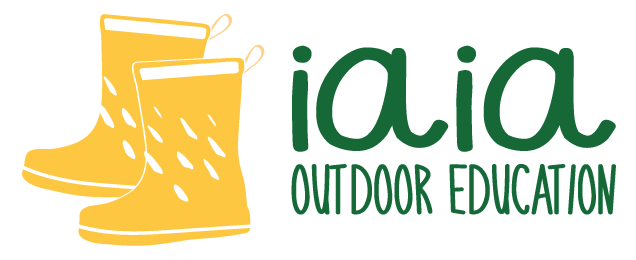OUR METHOD
RIGHT
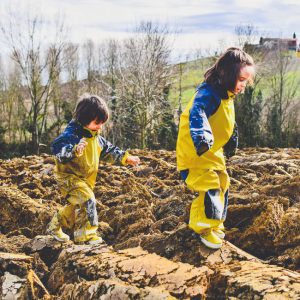
- TO ENJOY NATURE -
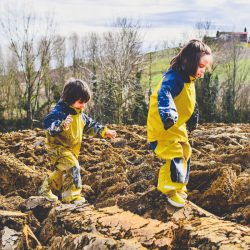
Outdoor Education includes educational activities which are based on the use of the natural environment as a privileged pedagogical setting where children can have educational experiences and learn by doing, thus stimulating long-term memory.
Practicing didactics in nature, does not simply mean moving the educational activities outside, but rather contextualizing teaching in a natural environment that becomes a real classroom with enormous educational potential. It means involving children in this “natural classroom” at 360°, so that he or she can experiment, marvel, play, and explore. Children thus are exposed to a natural learning that is not constrained by a rigid educational program. Being in close contact with nature and learning in a natural environment, will also foster the development of new skills, such as motor, creative and interpersonal skills through a sensory and experience-based approach.
We believe that it is necessary for children to live real experiences in nature and establish a functional pedagogical link between nature and learning in order to become conscious and aware adults. Through Environmental Education, children will be educated about sustainability and environmental issues, motivated and encouraged to protect our planet and be more aware of the world around them.
The childhood benefits related to the rediscovered bond with nature, also concern the child’s psycho-physical well-being.
A great number of scientific evidence has demonstrated countless positive implications of this bond with nature. For example, studies from the World Health Organization (WHO) reveal that a natural education reduces the possibility of long-term childhood disorders such as fragility. The WHO explains that children experiencing excessive sedentariness early on, often are subject to negative repercussions in learning and motor advancements.
Outdoor education also has a positive effect on the strengthening of the child’s immune defences and reducing anxiety and stress. As a direct consequence, children are less likely to fall sick, are more relaxed and show less concentration and behavioural problems.
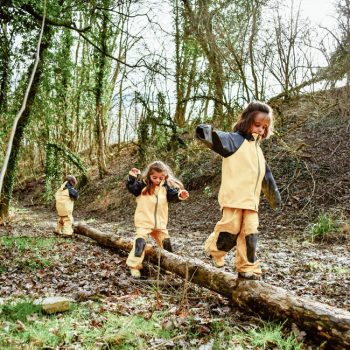
RIGHT
- TO BE CHILDREN -
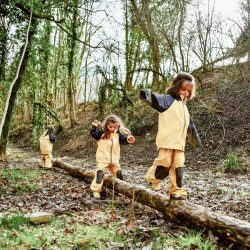
The natural environment plays an essential role, but it is important to combine this setting with specific educational objectives tailored to children’s age and personality.
In line with the ministerial guidelines on pre-school competences and key guidelines established at the European level, Iaia has four main priorities:
- Identity building: developing self-confidence, acting with awareness, feeling secure in the school context and building a positive self-image.
- Development of autonomy: trusting others, feeling satisfied doing things on one’s own and being able to ask for help. To be open to social relations with teachers and peers, to participate actively, to be able to understand one’s own potential and to express one’s feelings and opinions.
- Development of key competences (motor, cognitive, emotional, linguistic and social): playing, moving, manipulating, snooping, questioning, learning through experience and exploration, listening and understanding narrations, speaking both about factual events and inventing stories in a creative way.
- First experiences of citizenship: discovering and knowing how to live with other people, resolving disagreements that may arise through shared rules, showing interest in considering the point of view of others and understanding gender differences, recognising equal rights for all.
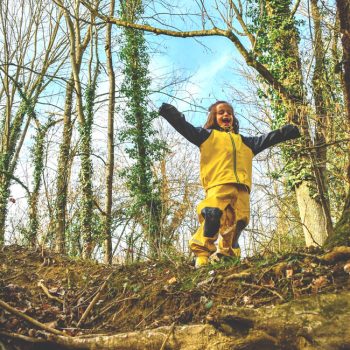
right
- to choose freely in the future by learning English -
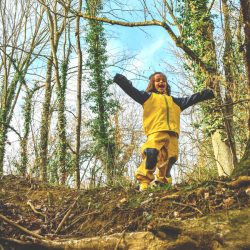
The choice to teach in English at pre-school age will ensure that children attending Iaia have a reliable language base in English. This is fundamental for becoming aware citizens in an increasingly multicultural and multilingual society, as well as preparing students for future school choices.
Furthermore, neurolinguistic studies have shown that the early acquisition of several languages “sculpts” the child’s brain microanatomically, as opposed to the process of learning a second language when an adult.
This early language acquisition, leads to the development of phonological and morphosyntactic skills that will be stored in the implicit (long-term) memory, which is designed for automatic behaviour. As a result, there will be a natural use of the foreign language and a better acquisition of its pronunciation, morphology and syntax.
It has also been shown that learning a second language from an early age improves problem solving skills, encouraging creativity and abstract thinking.
IAIA offers an educational approach inspired by the CLIL method and based on the
T.P.R. -S (Total Physical Response – Storytelling), a teaching method which is particularly effective in the acquisition of new vocabulary. By combining a word with the relevant action, it allows the involvement of the child’s body and senses (visual, auditory and kinesthetic) in language acquisition.
As a result, our educational program has a playful pedagogical formula and is based on gaining experience in English during daily and concrete activities. The program includes hands-on activities, exploration of the natural world, songs, nursery rhymes, narratives, interactive activities and educational materials related to our pedagogical objectives.
The process of learning the foreign language will be supported mainly by the use of body language and facial expressions, allowing children to easily understand a concept before they even know the words, and without the need to translate the words into their mother tongue. It is important that the English language is used as much as possible so that children can learn from listening, emulation of sounds and repetition, which is essential to help understand the language and acquire its rhythm. In this way English is “experienced” in the general educational and emotional context.
The Italian language, instead, will be used in specific educational activities related to learning new and more complex concepts for Italian mother tongue children.
IAIA OUTDOOR EDUCATION
IAIA SRL SB – P.IVA 12306570016 – C.F. 12306570016 | Sede operativa: strada Pino Torinese 61 – 10020 Baldissero T.se (TO) – Sede legale: via Cavour 41 – 10123 TORINO
